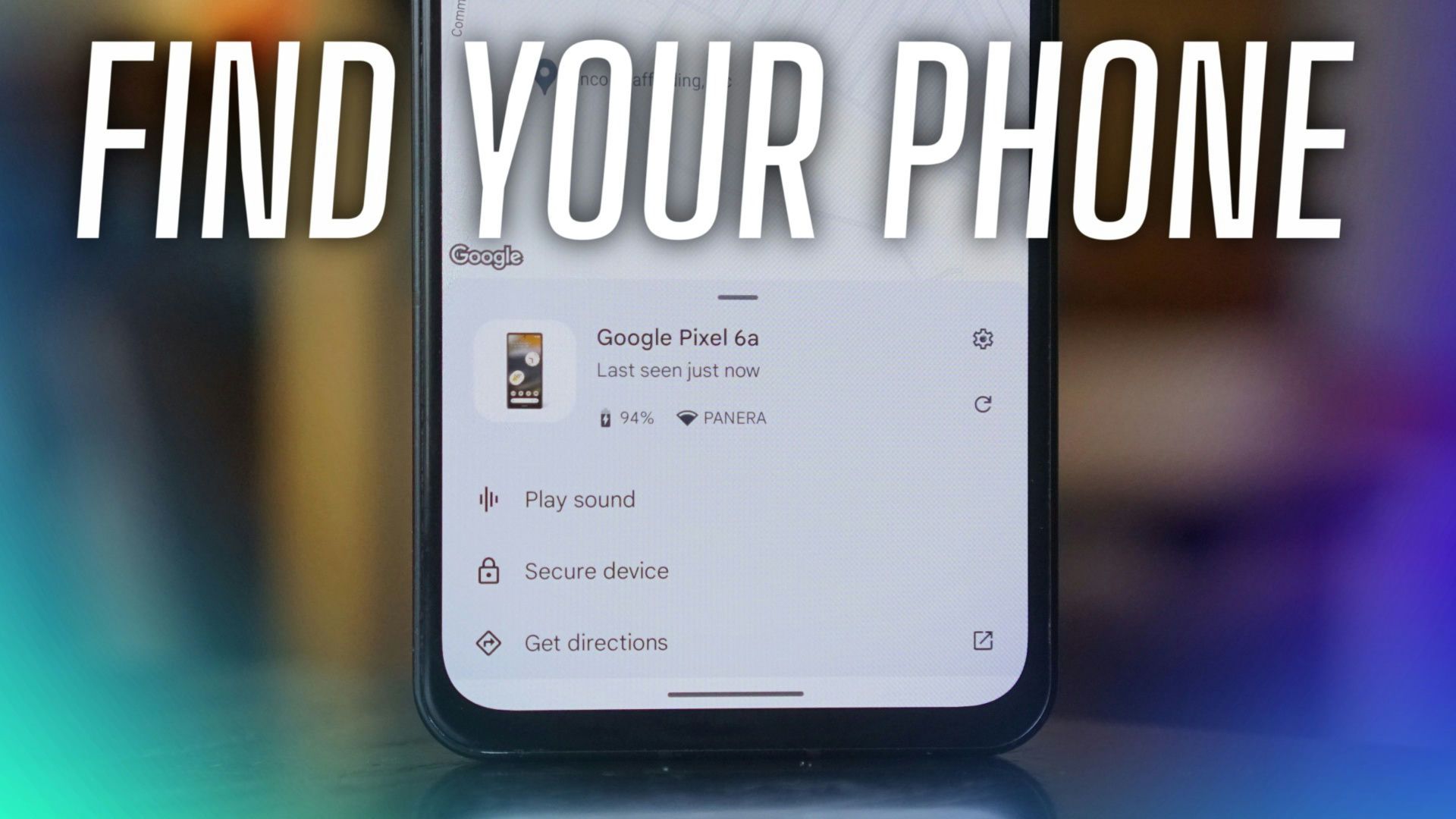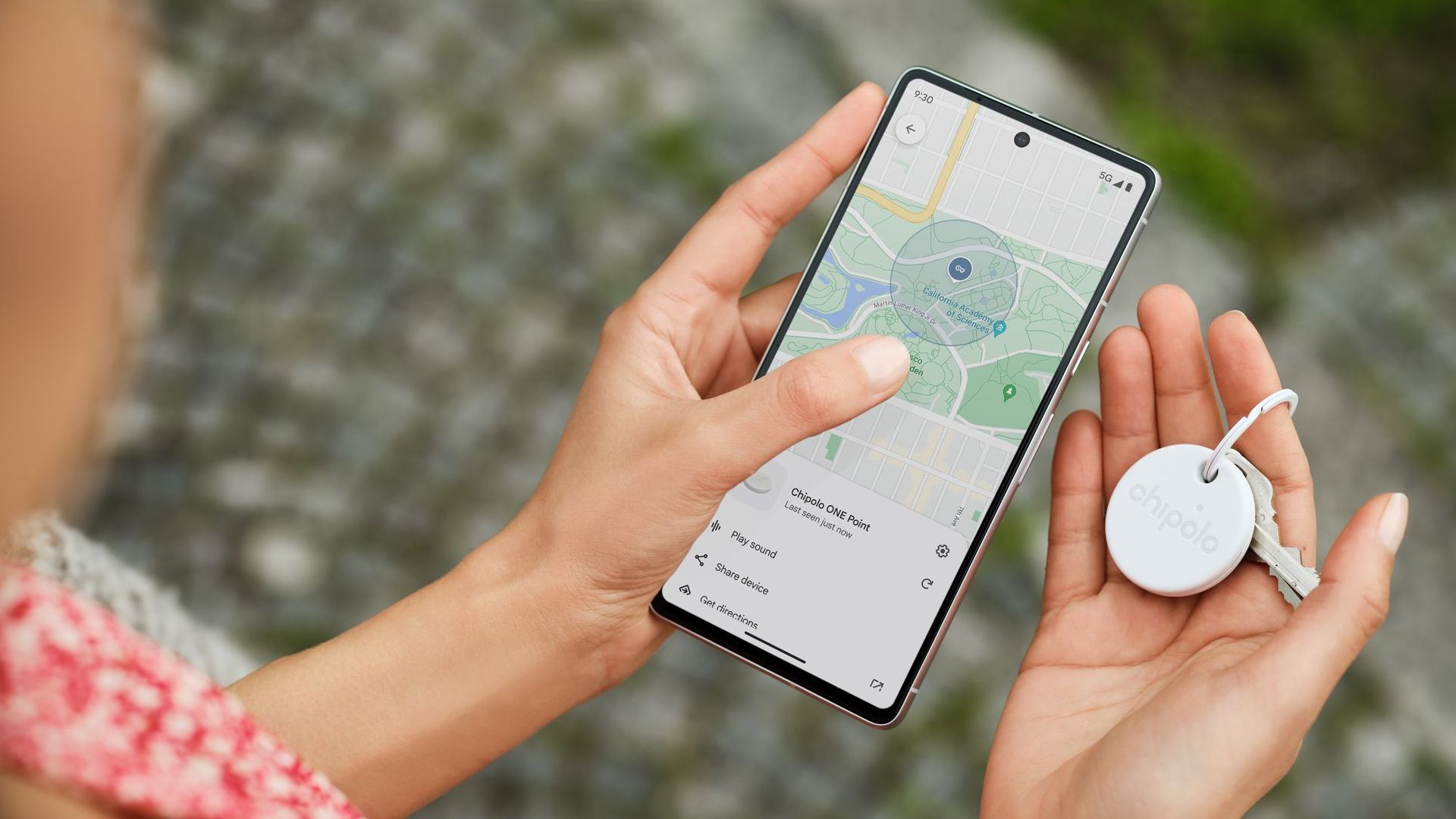For years, Apple had an edge in device and item tracking thanks to its vast Find My network. The network uses Bluetooth signals of surrounding Apple devices and allows owners to find and locate their misplaced items, while preserving anonymity. So, when Google launched its revamped Find My Device network in May 2024, we hoped it would bring similar features for Android users, allowing them to track and locate their devices easily.

Related
Moto Tag is the AirTag for Android we’ve been waiting for
Moto wasn’t first, but it might be the best
However, Google’s Find My Device network isn’t as efficient as we expected — at least in its current stage. A recent comparison of AirTag and Google’s Find My Device tracking by a Redditor showed Google’s network is miles behind Apple’s technology. And while a part of this is due to the network being new and needing time to onboard enough users, it’s also because Google has made it difficult to use this network in the name of privacy. Ironically, the company’s privacy claims appear to be nothing more than a smokescreen.
How Google’s Find My Device network works
Source: Chipolo
On the surface, both Google’s and Apple’s networks work in a similar fashion. When your device or tracker is left somewhere, it sends signals to nearby Android devices. Based on the location of these nearby devices, you can see the location of your device or tracker on your smartphone. This process is secure, with the location data encrypted, and Google says it also can’t access the location data.
Google also has a bunch of privacy-focused practices in place for the Find My Device network. For example, tracking only works when multiple Android devices are nearby, which makes it difficult to track someone in a private location. Similarly, Google will send you an alert if there is an unidentified tracker near you with you for an extended period.
Given that there are over a billion Android devices, one would expect Google’s network to work as well as, if not better than, Apple’s Find My network. Unfortunately, this isn’t the case, and that’s down to one specific reason.
Why can’t Google operate similarly to Apple’s Find My Network?
One key difference between Google’s and Apple’s Find My networks is that Apple’s network is opt-out by default, while Google’s is opt-in. This means all Apple devices are automatically part of the Find My network when they sign into their device, and users must actively choose to disable the feature if they wish to opt-out. In contrast, Google’s Find My Device network requires users to opt in (sort of).
While users are part of Find My Device tracking by default for “aggregated location reporting” when multiple devices are around, they aren’t opted into individual location reporting until they sign up. Users must click on the notification sent by the Find My Device app and agree to the terms. Then, their device can be used for non-aggregated reporting. Google claims this approach is designed to protect user privacy, allowing individuals to choose whether to contribute their device’s location data to the network.

Related
Chipolo Card Point review: A smart tag to keep your wallet in check
Why on earth doesn’t Apple make an AirTag in the shape of a credit card?
You’d think Google would be the last one concerned about privacy
And this is where the problem lies. Without enough people onboarded onto the Find My Device network, it’s kind of useless in its current stage (as found by the Redditor). It’s particularly ironic that Google is hiding behind user privacy, given the company’s own questionable practices with user data.
The company, which is known for tracking users online and using that data for targeted advertising, claims it can’t automatically opt-in users for its Find My Device network due to “user privacy” concerns. And it’s not only about tracking people online; last year, Google faced a lawsuit for allegedly stealing data from millions of users to train its AI tools. Moreover, earlier this year, the company was accused of collecting user data in Chrome even when people were using incognito mode.
So, the fact that the company is citing privacy as the reason for the network’s inefficiency is rather unconvincing, given Google’s handling of our data in ther past and present, the privacy excuse feels more like a convenient shield from criticism rather than a genuine concern for users and their data. If Google is truly focused on user privacy, it should probably try to address the many other areas where it “accidentally” collects user data without consent.
0:32

Related
How to find your lost Android phone or tablet
It’s worth a shot before buying a new device
Source link





